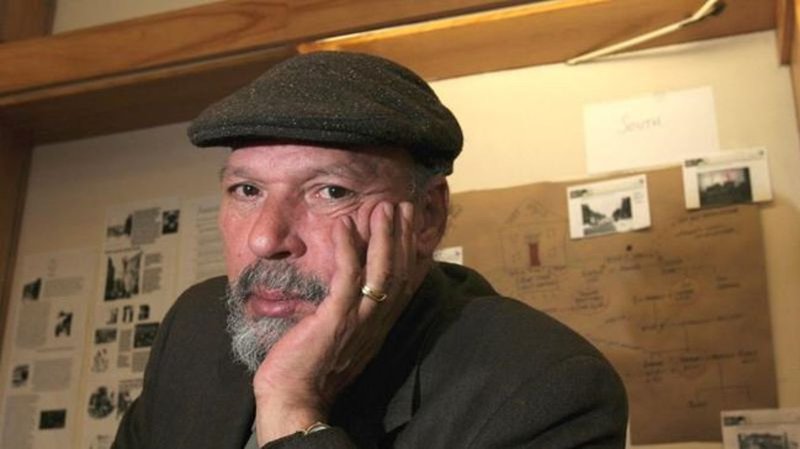
In ‘Ma Rainey,’ channeling the blues of August Wilson
NEW YORK — Like many of those involved in the making of “Ma Rainey’s Black Bottom,” it’s not easy for Viola Davis to summarize what playwright August Wilson has meant to her except to answer, “Everything.”
Davis’ first stage role was in Wilson’s “Joe Turner’s Come and Gone.” She made her Broadway debut in his “Seven Guitars” and won a Tony for “King Hedley II.” After playing Rose on Broadway in Wilson’s “Fences,” she reprised the role in Denzel Washington’s 2016 film, winning her an Oscar. Most of all, as a drama student, a new light turned on for Davis when she first encountered Wilson — a playwright who stood among the other greats. Arthur Miller. Eugene O’Neill. Shakespeare.
“You’re always trying to fit yourself in these roles, trying to make somebody else see you in these roles, transforming into — in your brain — some white woman,” Davis says. “With August, when he came along, I didn’t have to do that. Those roles are so much a part of my life. It’s not fitting a square peg into a round hole. It’s something that absolutely speaks to me, that I don’t have to fight to embody. It still takes huge work and craft but I don’t feel like I have to change the canvas of who I am. He is our playwright. He belongs to us.”
George C. Wolfe’s “Ma Rainey’s Black Bottom,” which begins streaming Friday on Netflix, is the second movie adaptation of Wilson’s plays in an ambitious project spearheaded by Denzel Washington. Following “Fences” and “Ma Rainey,” he intends to continue adapting Wilson’s famed American Century Cycle, a 10-play series spanning each decade of the 20th century. (The ’30s-set “The Piano Lesson” is on deck.)
